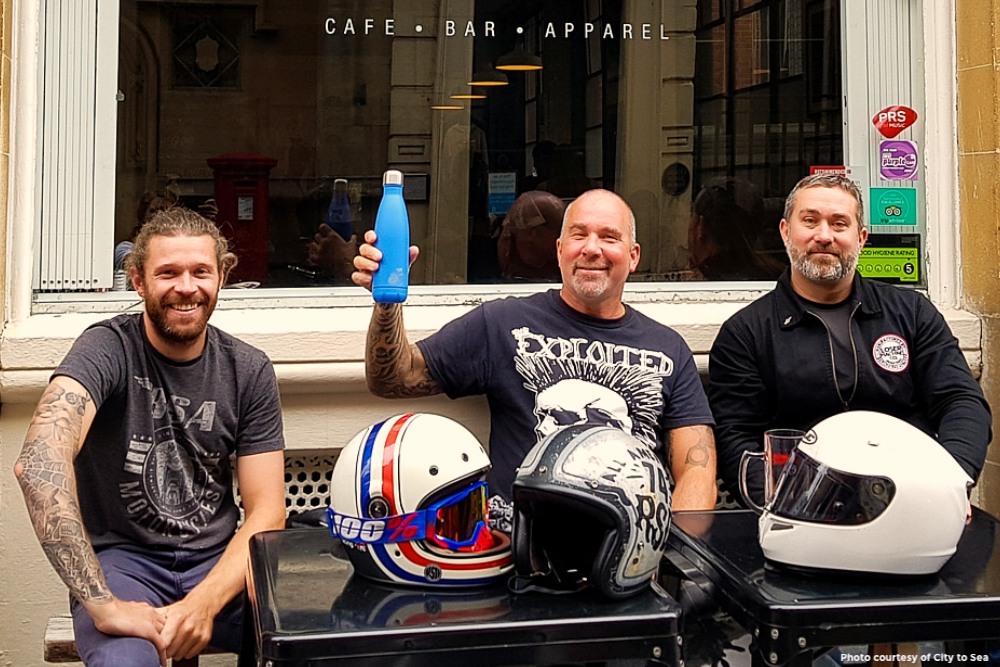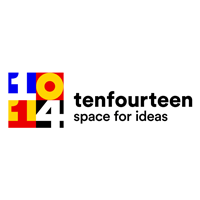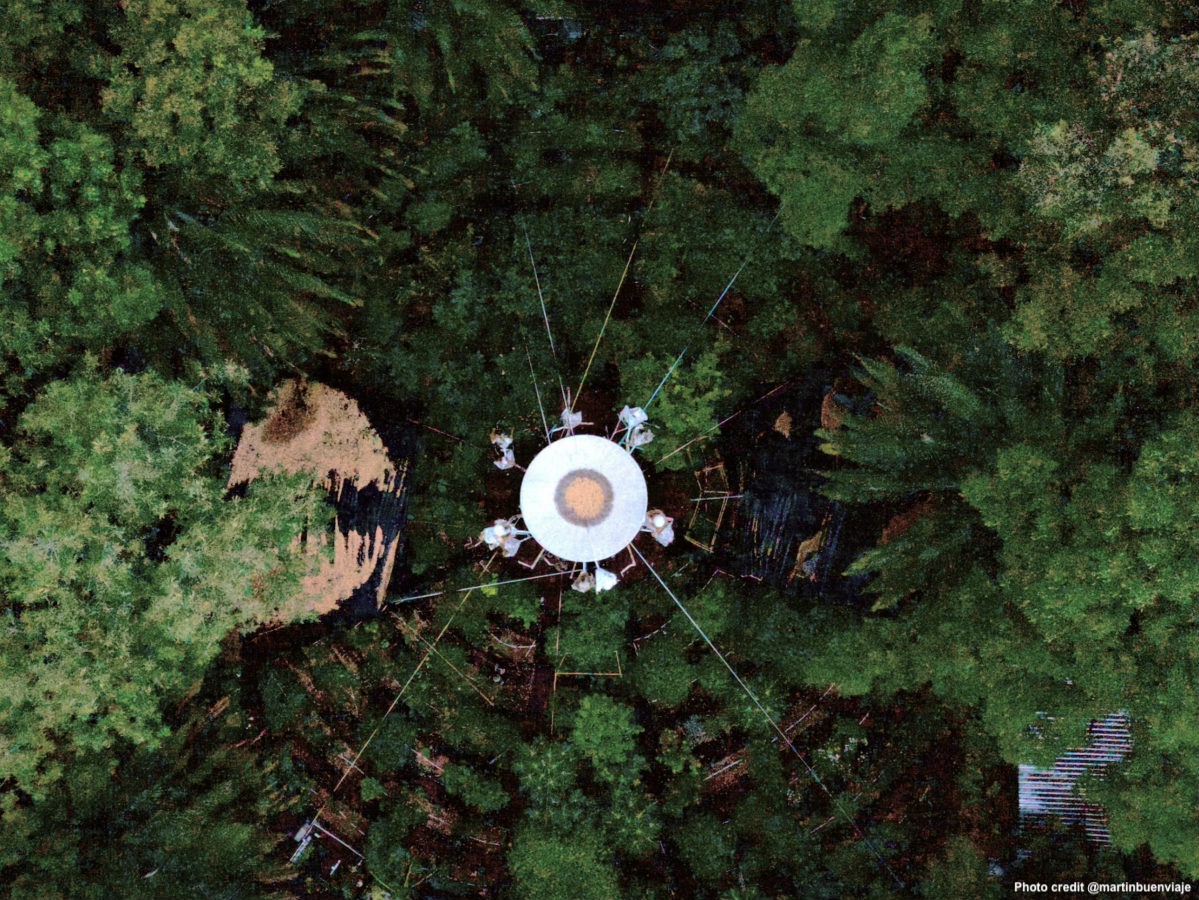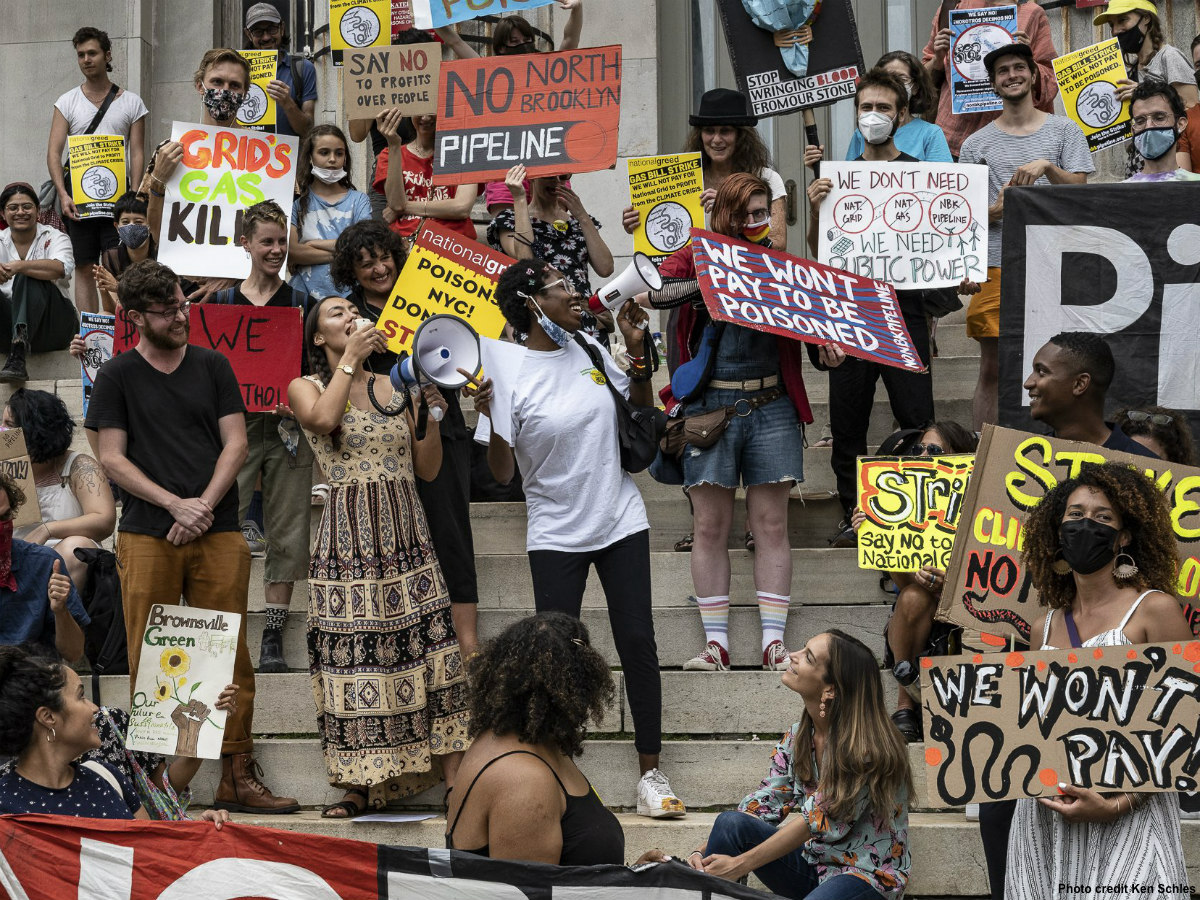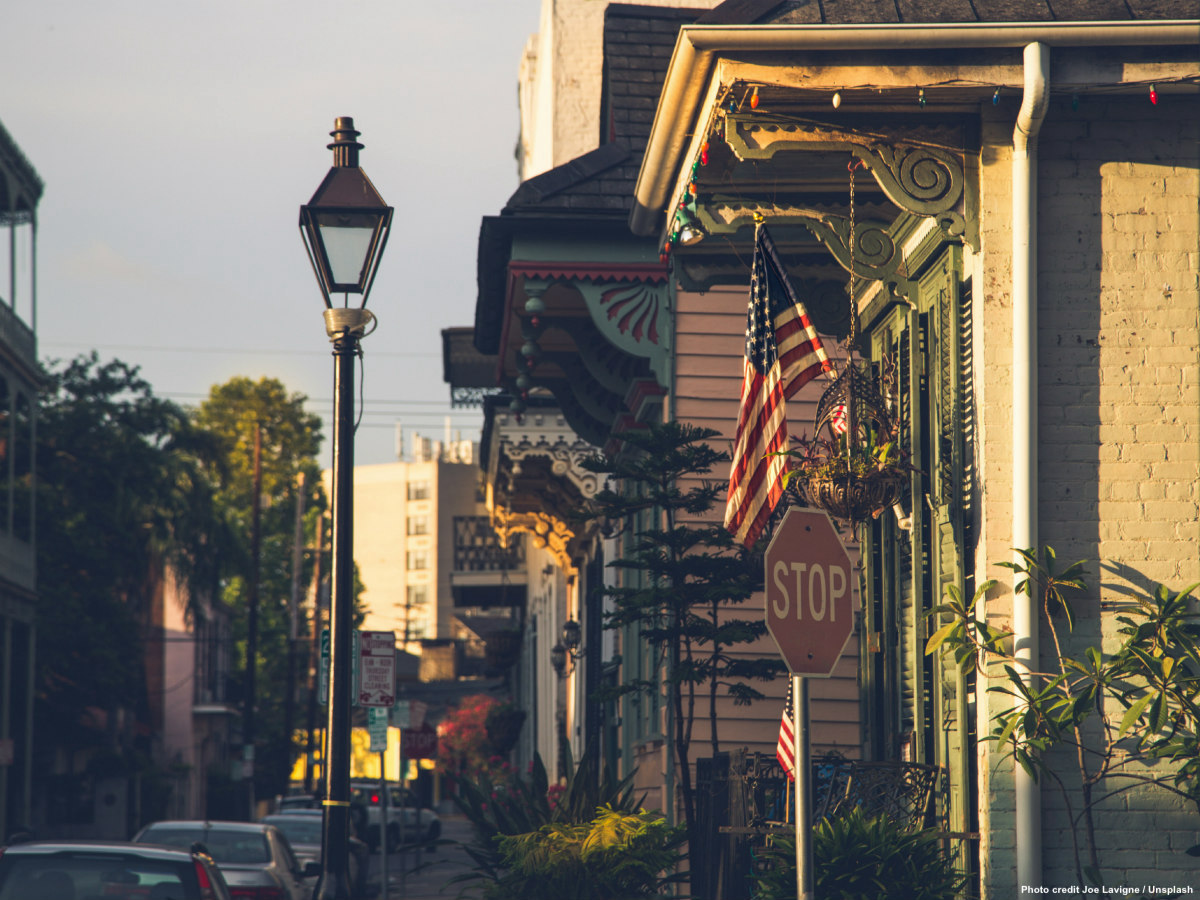There is this great American concept at coffee shops and diners that we, Europeans, all love: Refill. You order a coffee or an orange juice, pay for the first one and get as much refill as you want. Most of the time the first shot is enough but this idea of refilling after your first cup of coffee is too tempting. Throughout the US there is also the courtesy of complimentary tap water and refill when you sit in a restaurant, saving you the unease of not ordering bottled water.
Yes, Europeans feel too awkward to ask at a bar or restaurant for a glass of tap water, needless to say, to ask to refill a personal bottle when we are on the go. At so many fronts the climate crisis is a behavioral crisis as decades of lifestyles and etiquette have to adjust. The great invention of opening the tap to get drinkable water is already normalized in our lives, other places on Earth can only dream of it.
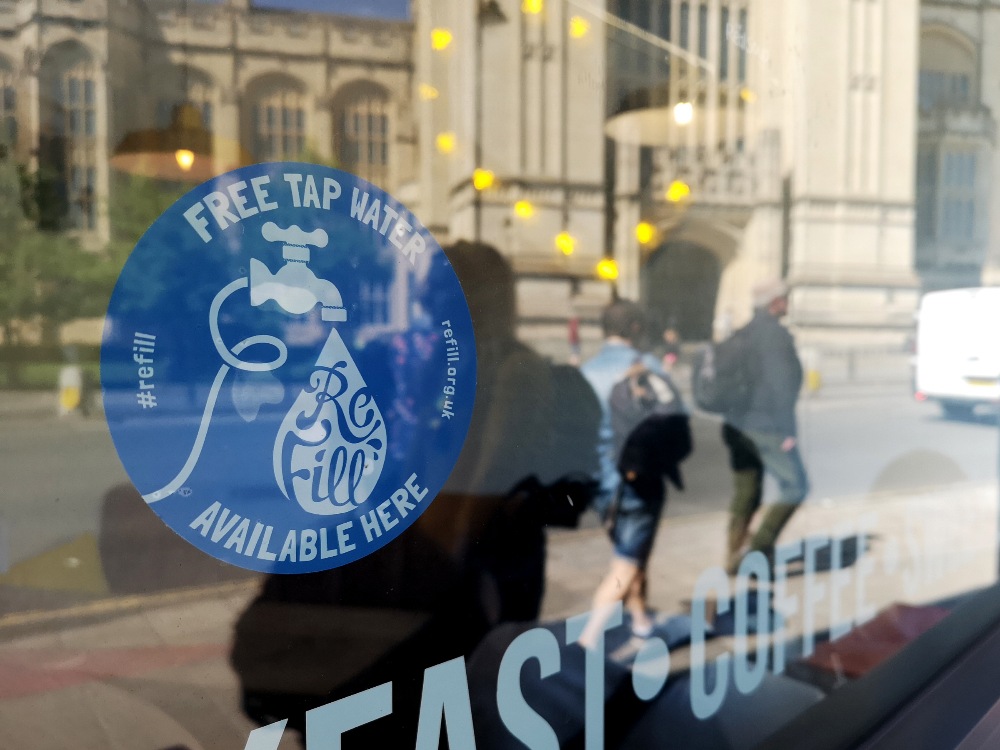
To date the award-winning initiative Refill born in Bristol has avoided more than 100 million pieces of plastic by encouraging cafes, bars, restaurants, banks, galleries, museums and other businesses to simply place a sticker in their windows signalling passersby that they are welcome to refill their bottles inside. This initiative has opened up our eyes to an everyday small action that, in millions, has the power to create a wave of change and stop plastic pollution.
Started in Bristol but is becoming a global revolution
‘Actually we didn’t find much resistance when we approached places in Bristol to be part of the initiative for the first time because the owners saw it as an opportunity to increase the number of customers going inside’, explains Refill’s co-founder Natalie Fee.
After lots of research, trialling different community-led behaviour change models, Natalie Fee together with two other partners launched Refill Bristol in 2015, as one of the City-wide initiatives on plastic that their environmental organisation City-to-Sea was spearheading before plastic pollution was mainstream news and before the ‘Blue Planet effect’.
No matter how far the sea is from that city, simple solutions are key to connect people with complex issues such as climate change, says Fee.
From a local initiative, Refill has spread to 400 communities around England and Wales and cities in seven different countries. The Refill app shows users a great bunch of Refill stations on a worldwide map. Just by looking at the map one realized the potential of a simple initiative that, if rolled out in many other cities, could help slow down the rising tide of discarded single-use plastic water bottles.
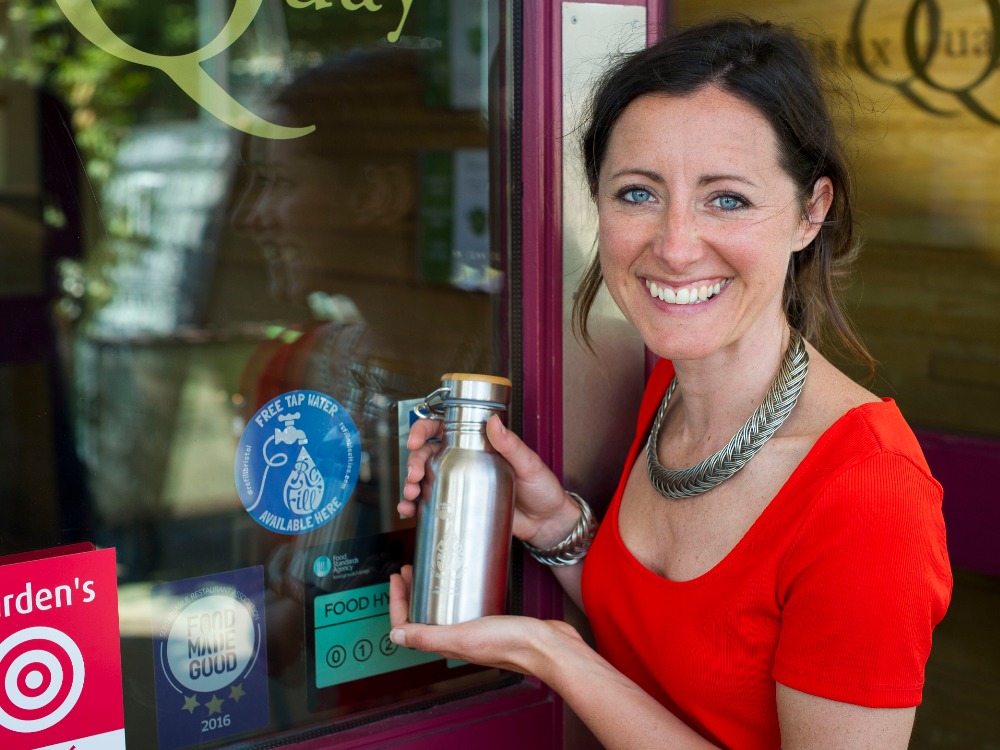
However, changing people’s habits is not easy. In Middle-Eastern cities water consumption is even determined by culture or religion. Not so long ago bottled water entered our lives, allowing the creation of a market that supposedly offers a safer alternative to tap water despite the fact that the quality standards of tap water, for instance in Europe, have always been high.
Disrupting the vicious circle of bottled water
Yet people have lost trust in tap water, although it is in a constant cycle in our cities intertwined with natural precipitation and transpiration. Surface waters such as lakes, reservoirs, and rivers are sources of public water supply. They are used and waste water is reintroduced into the water cycle again after treatment.
All the efforts undertaken by activists and communities in cities around the world from Brooklyn to Bristol to reduce littering and the disuse of plastics are crucial actions to ultimately stop microplastics from entering our water streams and water sources due to surface run-off (e.g. after a rain event) or combined sewer overflows. When this happens, tap water quality gets significantly affected. Climate change exacerbates the problem as it provokes more intense storms and flooding.
Microplastics have been found in over 80% of all tap water in cities around the world. But plastics are also found in bottled water, claims Fee.
That would mean that plastic has already gone that far in the natural hydrologic circuit. The only way to stop this vicious circle and regenerate our water sources is to embed refill as part of our urban water cycle as plastic bottles and caps that are used in bottled water are sources of microplastics in drinking water.
Know your right to refill tap water
Recent commitments to mitigate climate change and achieve sustainable development has put pressure on governments in the European Union to promote the use of tap water and pass laws and regulation to oblige restaurants and public places to provide tap water free of charge.
In England, Scotland and Wales licensed premises such as bars, restaurants and theatres, explains Fee, are required by law to provide free drinking water on request. But most people often don’t know it. The water industry agreed to roll out refill throughout the UK and support a national campaign working with volunteers in different places.
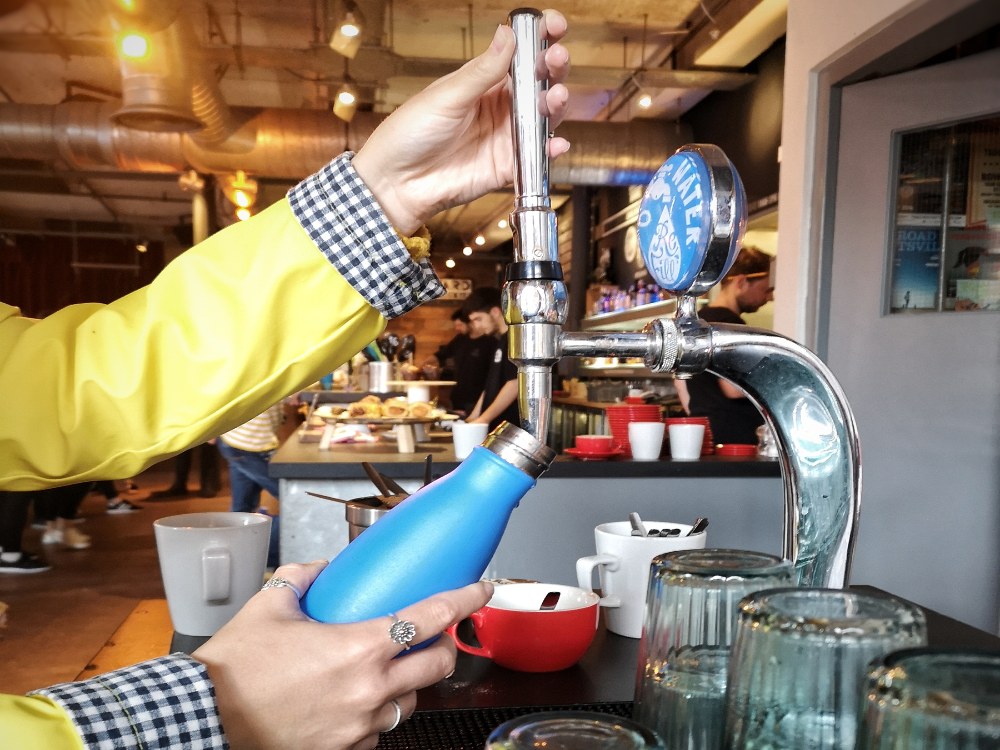
In the United States, restaurants have no legal obligation to serve free drinking water to customers although restaurants do so. However, scandals like the devastating lead contamination of the tap water in Flint, Michigan, have been hampering the consumption of tap water. In 2015, 18 million people were served by water systems with lead violations, most recently in Newark, New Jersey. The environmental organization NRDC (Natural Resources Defense Council) in the US has been working to ensure the rights of all people to safe drinking water.
In a bold move, the New York State Legislature is willing to make a constitutional amendment to include the right to clean water. This would be a general call on policymakers and water companies to protect and improve drinking water at a very high quality. It could also increase transparency of the benefits of tap water’s consumption for human health and the environment. Our addiction to bottled water could definitely end when all these barriers are broken down to free tap water for the public and Natalie Fee’s Refill becomes a global revolution.
